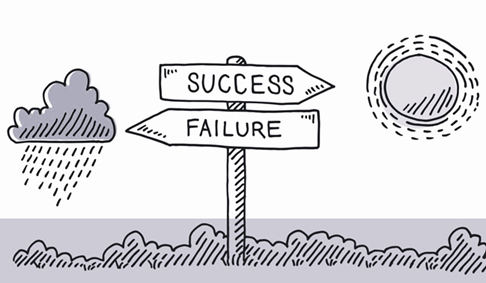Networking is often touted as a crucial element in the arsenal of any successful entrepreneur. Yet, amidst the hustle and bustle of managing businesses, building products, and chasing market trends, networking might sometimes take a back seat. However, underestimating the power of networking could mean missing out on invaluable opportunities for growth and success. Here are four compelling reasons why networking is an absolute necessity for every aspiring and established entrepreneur:
1. Access to Opportunities
Networking opens doors to a myriad of opportunities that might otherwise remain hidden. Whether it’s potential partnerships, investment opportunities, or new clients, the connections made through networking can be a goldmine for entrepreneurs. Attending industry events, conferences, and meetups provides a platform to interact with like-minded individuals, industry leaders, and potential collaborators. These interactions can lead to valuable insights, referrals, and even strategic alliances that propel your business forward. Remember, in the world of entrepreneurship, opportunities often arise from the relationships you cultivate.
2. Knowledge Expansion
Successful entrepreneurs understand the importance of continuous learning and staying updated with industry trends. Networking provides a wealth of knowledge and expertise that can’t be found in textbooks or online resources. Engaging in conversations with other entrepreneurs exposes you to diverse perspectives, innovative ideas, and best practices. Whether it’s discussing market shifts, emerging technologies, or growth strategies, networking facilitates the exchange of valuable insights that can help you navigate challenges and seize opportunities. Additionally, mentors and seasoned professionals within your network can offer guidance based on their own experiences, saving you from costly mistakes along the way.
3. Building a Strong Support System
Entrepreneurship can be a lonely journey, filled with uncertainties and setbacks. Having a strong support system can make all the difference between persevering through tough times and succumbing to defeat. Networking allows you to connect with fellow entrepreneurs who understand the challenges you face and can provide support, encouragement, and motivation when you need it most. Whether it’s sharing success stories to celebrate milestones or seeking advice during moments of doubt, a supportive network can be a source of strength and resilience. Moreover, surrounding yourself with ambitious and driven individuals can inspire you to aim higher and strive for greater success.
4. Amplifying Your Personal Brand
In today’s digital age, building a strong personal brand is essential for standing out in a crowded marketplace. Networking provides opportunities to showcase your expertise, establish credibility, and enhance your visibility within your industry. By actively participating in networking events, speaking engagements, and online communities, you can position yourself as a thought leader and go-to expert in your field. As you cultivate relationships and make meaningful connections, your reputation will precede you, opening doors to new business opportunities and professional collaborations. Remember, your personal brand is not just about what you know but also who you know and how you leverage those relationships to create value.
In conclusion, networking is not just a nicety but a necessity for every entrepreneur striving for success. From accessing new opportunities and expanding your knowledge to building a strong support system and amplifying your personal brand, the benefits of networking are far-reaching and indispensable. So, invest time and effort into nurturing your network, for it may very well be the key to unlocking doors that lead to your entrepreneurial dreams.
Who we are: Funded.com is a platform that is A+ BBB accredited over 10+ years. Access our network of Angel Investors, Venture Capital or Lenders. Let us professionally write your Business Plan.







